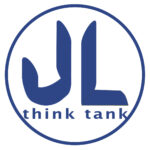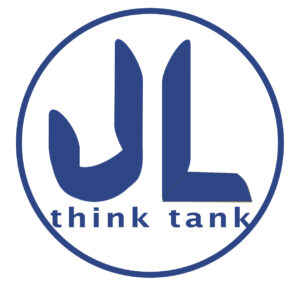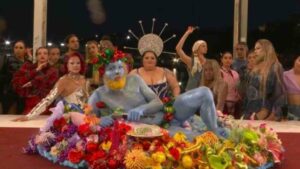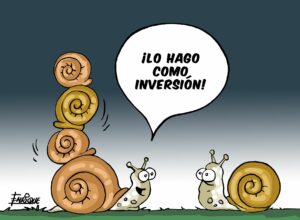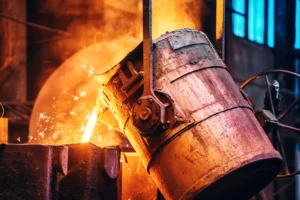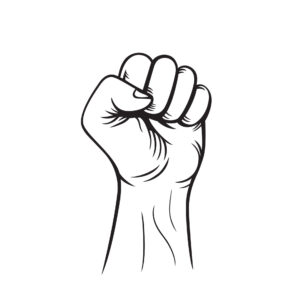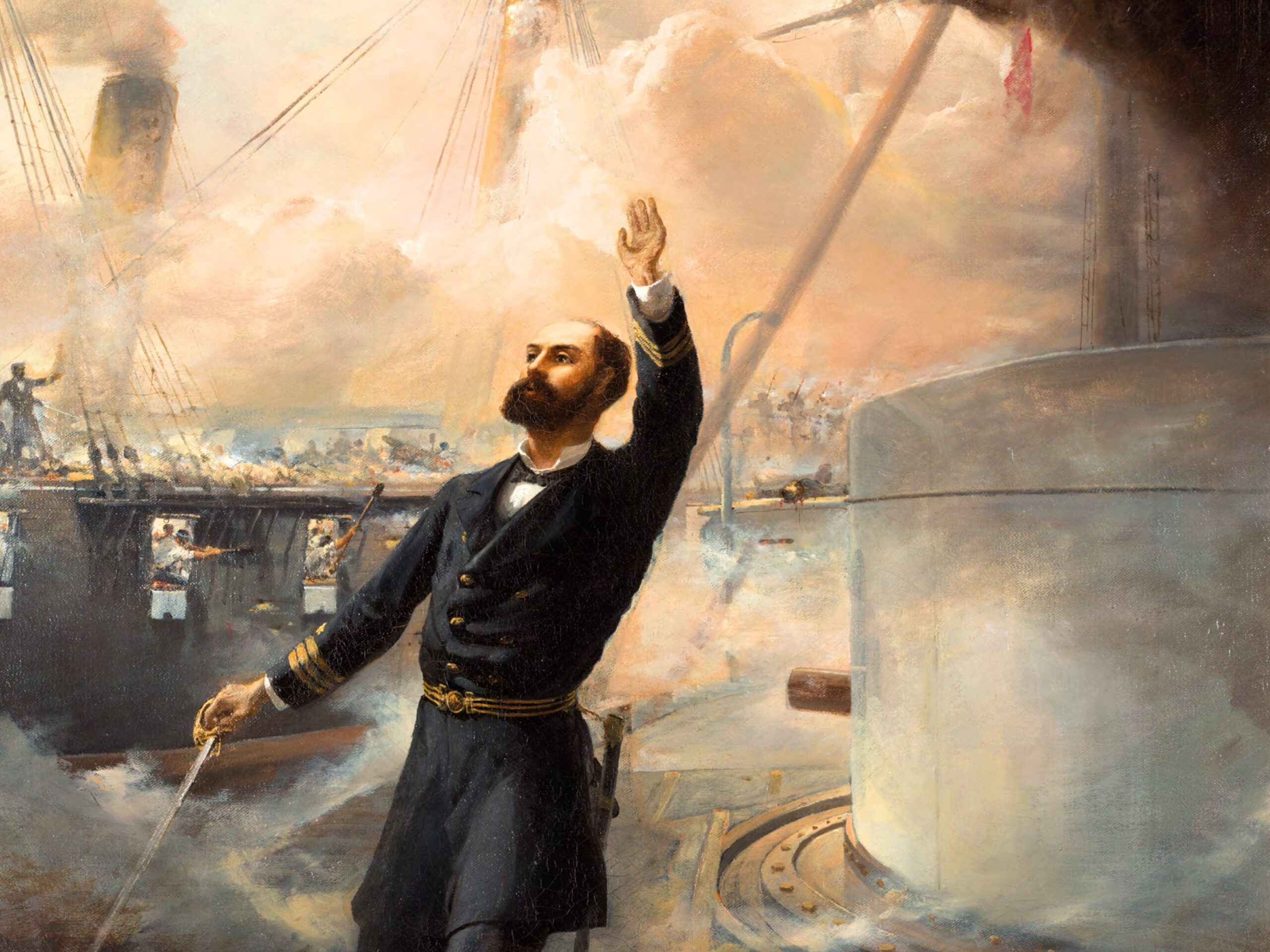
Prat and the Iquique roadstead: the deed and the gesture
|
Getting your Trinity Audio player ready...
|
Chile during the year 1879 went to war with border rivals. Bolivia decreed it and Peru intervened in compliance with the secret treaty in the face of "Bolivian regret." Argentina was lurking territorially beyond the Andes. Destiny or historical script once again united Prat with the Esmeralda in the North Sea. The Pacific War featured maritime and land confrontations. Precisely at sea an important part of the conflict was played and Iquique became a strategic point in conflict. After the Chilean blockade by Prat y Condell, the port had the presence of the ruined Esmeralda and a renovated Covadonga.
The blockade was part of the naval plan during May 1879. The rest of the war fleet (the powerful section) sailed according to the secret mission. Prat was asked what he would do if he encountered the invincible Huáscar, to which he responded briefly: “I'll board it.” The Peruvian rivals had two powerful ships: the Independencia and the aforementioned Huáscar. Fate wanted that both fleets did not cross or confront each other in the Pacific. The dense fog hid the fleets and prevented naval combat between rival and paired forces. Peru set sail with the mission of unblocking the port of Iquique, a mission that included destroying everything in its path and, if necessary, continuing south.
The dawn of May 21, 1879 featured the presence of the unmistakable Independencia and its lethal weapons on board, in addition to its characteristic steel ram. The same dawn that witnessed the arrival of the “armored” Huáscar, a powerful ship due to its speed, weapons and bloody ram. In contrast, the Chilean blockade had antiquated and operational (patched) cannons on board the custodians. The Iquique roadstead witnessed the movements of the Covadonga and a complicated Esmeralda, an easy prey in the face of the spur strategy. Aware of these limitations and weaknesses, Prat decided to plan strategically and rehearse an eventual approach.
May 21 has two sides of the same coin, on the one hand the secret mission to attack Peru in El Callao by the powerful fleet, and the other side, the blockade of Iquique. The confrontation was inevitable and an unequal contest. The enemy's "smokes to the north" were an unmistakable sign of the confrontation with the conviction of "never raising the flag." With everything against him, Prat decided to enter combat. The intimidating Huáscar threw himself before the weak Esmeralda. The Chilean attack rebounded and was more loud than effective against the armor. Luckily, the poor Peruvian aim allowed a respite from the cornered corvette, until the Esmeralda was attacked by land along with new cannon shots from the armored vehicle. Grau waited unsuccessfully for the surrender. The dead were scattered on the deck and the Esmeralda was completely immobilized, the cards were laid out before a thirsty spur. Thus, the first spurt arrived and the response was the heroic leap of Prat, Aldea and a sailor. The incredulous Peruvian deck received them with shots, Prat was killed with a fatal projectile at close range.
The boarding feat was not all that happened, the surviving crew decided to die fighting and fulfill the mandate not to surrender. Immediately afterwards, the second explosion occurred and a new Chilean boarding on the Peruvian deck. At noon on May 21, the third, final and fatal blow of the Huáscar arrived. La Esmeralda sank into immortality at 12:10 p.m. The Chilean flag was immersed without surrendering in the unequal contest; a “win or die” that became flesh after the exploits of Prat and his crew. A fight that should have been brief for the powerful Huáscar was surrounded by silence, the various witnesses of the moment pointed out that there was no uproar or further celebration after Grau's triumph. On the contrary, the collapse was accompanied by expectation.
Prat's plan always considered the limitations of the corvette and the unequal nature of the combat. The jump and boarding he thought considered another tactical aspect: taking the command tower of the Huáscar. Starting and surrendering were not options, the resistance of the ship and the crew exalts Prat's leadership and example; Each one knew how to do his duty until the last cannon shot of the Esmeralda, the fight was matched in bravery and heroism, David defeated Goliath. The news cables reported what happened in the roadstead with a delay. Three days later the news of the resistance spread, the telegraph reported the feat, the gesture of Prat and his crew. The streets of the main Chilean cities were filled with cheers. What happened was discussed all over the world. The Peruvian press itself praised the feat of the Iquique roadstead and the immortal boarding. Admiral Grau, the winner, wrote a letter without sparing praise about the brave Prat during the combat between the wooden ship and the armored mass. The unequal contest lasted three and a half hours.
Captain Prat is an example in all the navies of the world, his place in the pantheon is eternally assured, his sword still shines on the deck of the Huáscar. A gesture praised by his opponent, Grau's gesture is not mere courtesy, he paid homage and respect to the fight that extended beyond what was planned. Grau faced “stubborn resistance” from Esmeralda. Grau was concerned with rescuing all the survivors, shouting out that they should not attack them as they were defenseless. The left has tried, through its historiography and the arts, to deprofile and dethrone Captain Prat, the hero of May, with sword in hand he has avoided the different conceptual and staging attempts. His achievement is not overshadowed and the approach makes him eternal. 148 crew members of the Esmeralda died.
Do heroes exist? Yes and no (it is up to you), perhaps both answers are correct and require arguments, not to cancel or censor the other's answer out of intolerance. We all had and have heroes, we were all and will be someone's anonymous heroes. Being a hero does not require anything other than human, it only requires conviction and sacrifice in everyday life. Do not give up small and large gestures or deeds on a daily basis, today more than ever we need more heroes e. I wrongly gave up on being seen as such.
